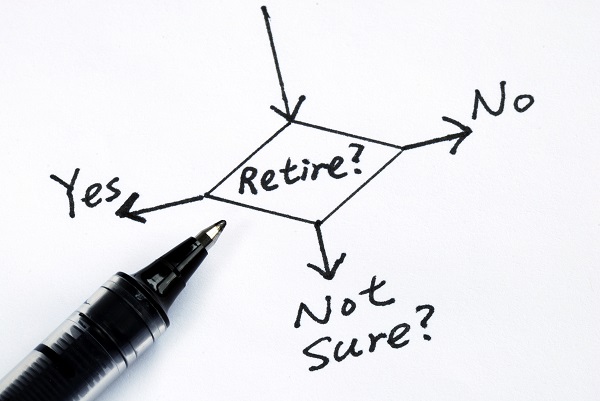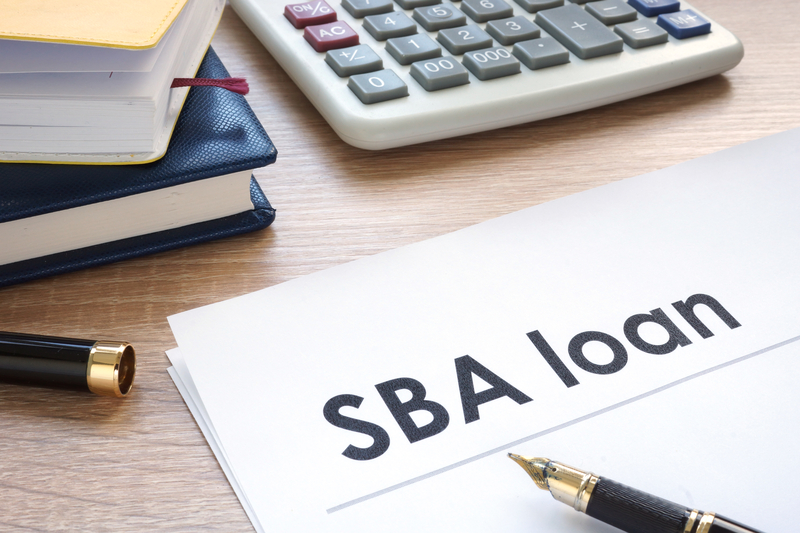When is the best time to sell your business? It seems obvious, when you can get the most money for it. But when is that? Are there other things to consider? And how do you know when it is the right time to sell your business anyway?
When to Sell Your Business
The best time to sell your business is when it is performing well financially. Businesses showing steady growth in revenue and profits command a premium.
- Revenue and profits have been increasing steadily
These businesses receive a premium. - Steady or flat sales and profits
When sales and profits have a steady track record, even if they are relatively flat, these are seen by buyers as solid businesses with minimal risk. - Before you are burned out or must sell
Businesses deliver their best results when the owner is actively involved, engaged, and driving the business. If you wait until you are burned out and tired, or must sell due to personal or health reasons, the business and financial performance will eventually suffer, and with that the value of the business will drop. It is best to sell your business well before you’re burned out or must sell.
When NOT to Sell Your Business
There are a number of times and reasons not to sell your business, here are a few of them…
- Sales and/or profitability have been declining. If sales and/or profitability have been dropping AND you know you can turn things around, you should wait.
- Sales increased recently, but there is no track record or history yet. You won’t recognize the full value of the recent increase in sales until you complete the current year and your tax returns are available. It is possible to get a small premium if you sell before the year is final and tax returns are available, but to realize the full value, you should wrap up the year and put the business on the market when you have final year-end P&Ls and tax returns to prove it.
- An increase in sales and/or profitability is expected, but has not happened yet. This is the same as above. Until the increased sales and profitability have actually happened and are shown on year-end tax returns, it does not add any value to the business. The “opportunity” may entice buyers, but it will not result in an increased value.
- Litigation is pending.
- The company is in a distressed situation such as sales, profits, loss of a major customer, etc. Selling a business that is in a distressed situation will result in a discount on the business value. The discount will depend on how severe the situation is. If you can turn things around, you will be able to substantially increase the value of your business.
When to Sell Anyway
There is a time when you should sell your business regardless of the current circumstances. These instances include:
- Sales & profits are flat and not likely to improve
If your sales and profits have been flat and are not likely to increase, the value of your business will also remain flat. This in itself is not bad, but the risk is that if sales and/or profits start to decline, the value of your business plummets. In general, for every dollar of profit lost, the value of the business will drop by $2 to $3.
Likewise if the business suffers an ongoing trend of declining sales, it may not be sellable, or if so, only as a distressed sale at a severe discount. - Health concerns
If you are unable to run the business due to health issues, it is a good time to sell before your health issues affect the performance of your business. - Burn out
If you are no longer committed to the business and no longer engaged, eventually sales and profits will decline and drag the value of the business down with them.
Some of the things that create a discount in business value:
- Necessity for a Very Quick Sale: Price is a major factor in the time it takes to sell a business. If you must sell a business very quickly, the price will suffer greatly.
- Poor Books and Records: Businesses with poor books and records or poor documentation of the owner’s benefits and add-backs contributing to the Discretionary Earnings are difficult to sell because the earnings are very hard to prove. Businesses with poor books and records are sold at a discount as compared to businesses with excellent books and records.
- No Infrastructure: The infrastructure of the business is critical for the buyer to be able to successfully acquire and run the business. Businesses that are heavily dependent on the owner are much more difficult to sell, and as a consequence of this the selling price generally suffers.
- Declining Sales and/or Profits: Buyers love businesses that are growing in revenue and profits for obvious reasons. Businesses with steady to flat sales and profits are also very marketable.
When a business has declining sales and profits, buyers see this as increased risk. Likewise, SBA lenders see this as risk, and in many cases will not finance the purchase of a business with declining sales. If there is a sensible explanation and a clear path to recovery, this certainly helps, but the selling price will be reduced, and the time on market will be substantially longer.
ADDITIONAL INFORMATION ON SELLING A BUSINESS
- 7 Steps in Preparing to Sell Your Business
- How to Secretly Sell Your Business
- Steps in Selling a Business
- “Own Your Future, Straight Talk about How to Buy a Business and Build Your Future” by Bill Grunau
- Stock vs Asset Sale in the Purchase – Sale of a Business
- FAQs Selling a Business
- Is Now a Good time to Sell or Buy a Business?





